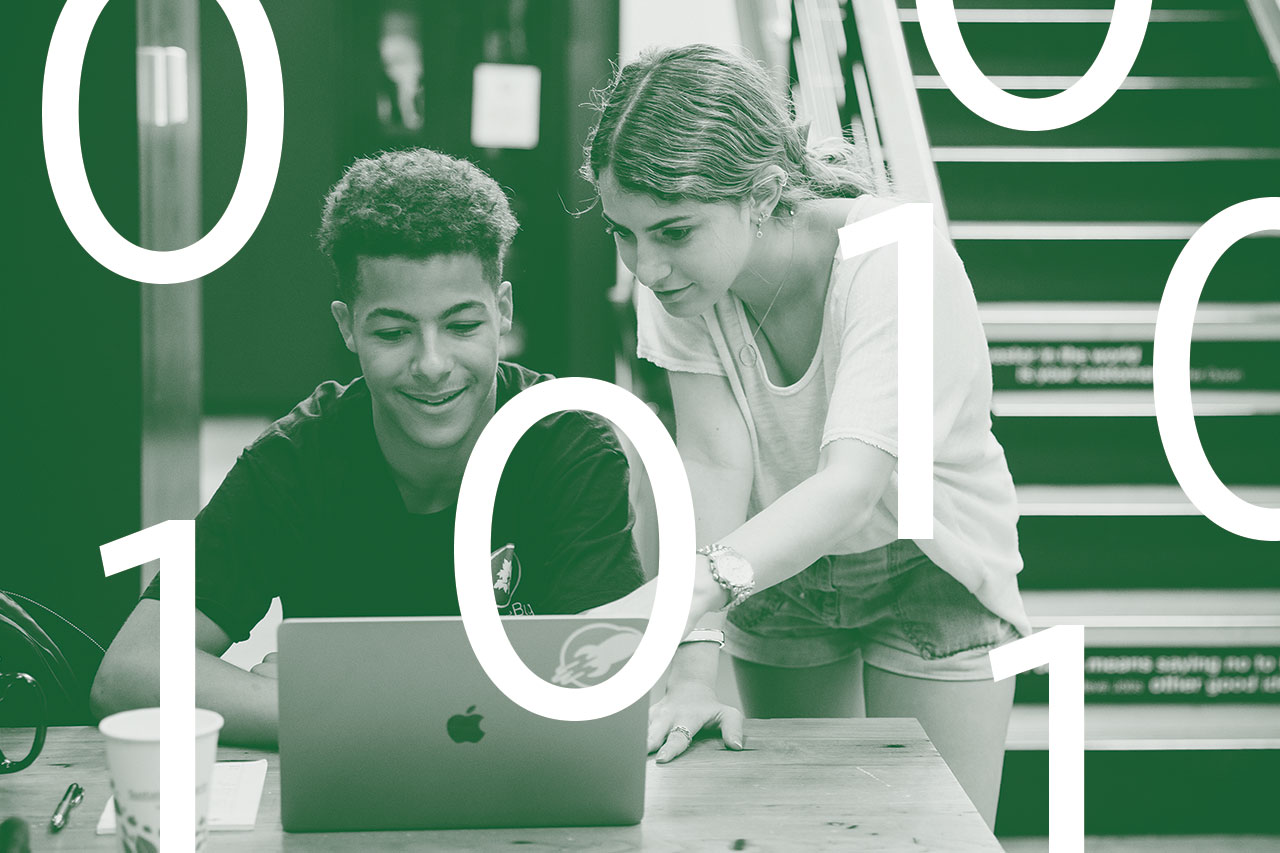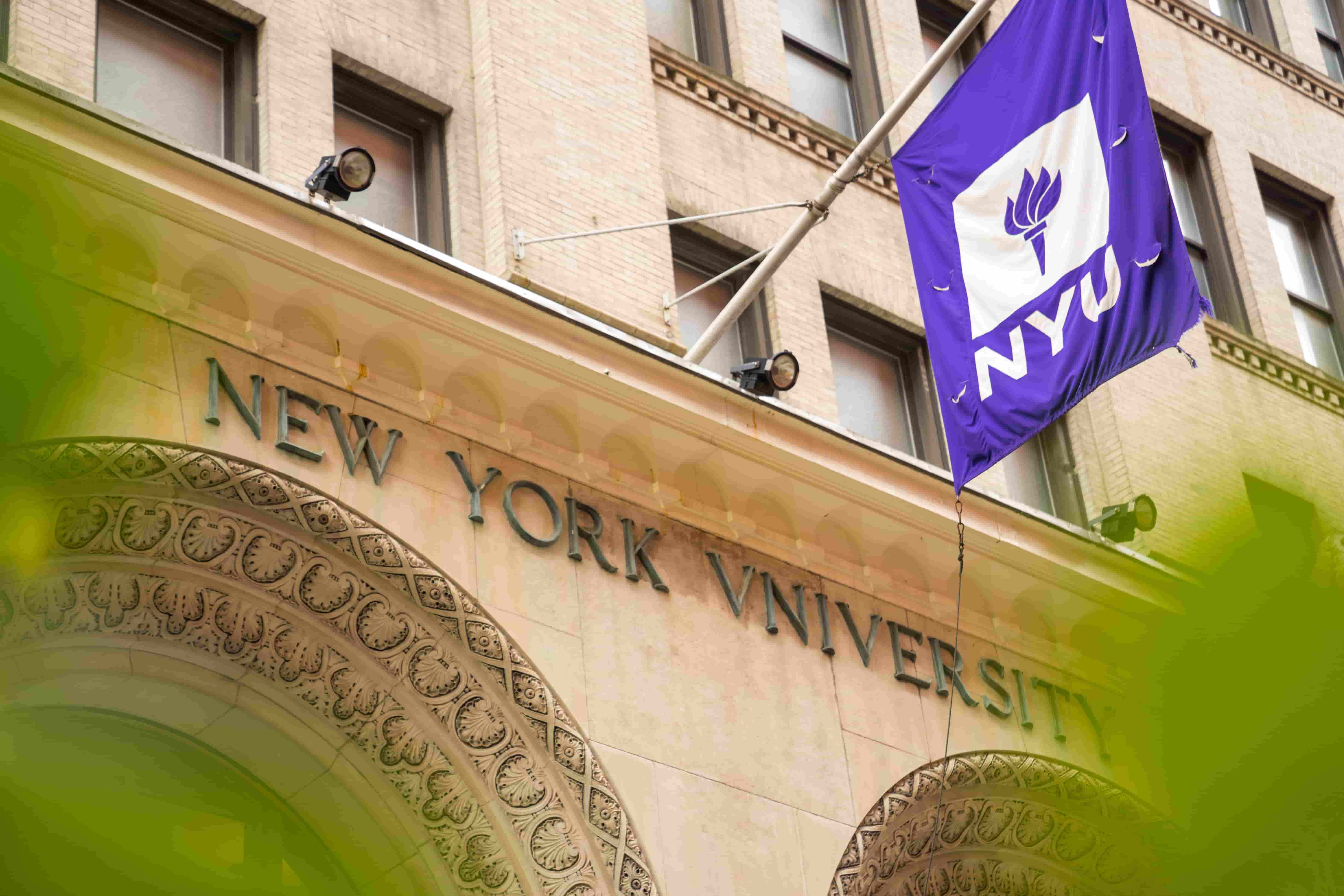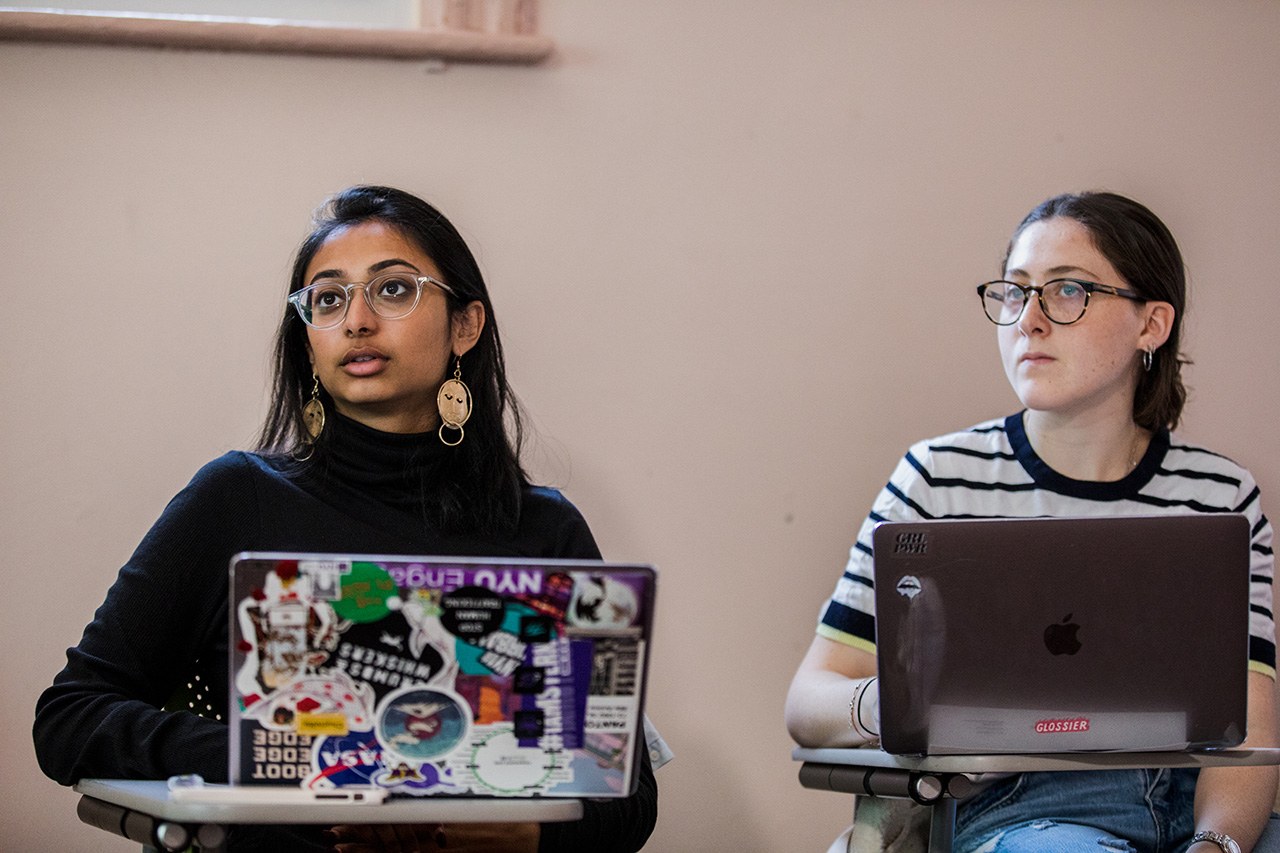
There’s strength in numbers, but social work rarely gets to benefit from the power of big data. Instead, the data science and artificial intelligence (AI) fields often perpetuate systemic bias and injustice. But now aspiring social workers at the NYU Silver School of Social Work and staff at the NYU McSilver Institute for Poverty Policy and Research will have the opportunity to change that. A $16 million gift to the institutions, courtesy of Dr. Constance and Martin Silver, will position students and professors alike to leverage data science and AI to understand society’s biggest challenges—and effect transformational change.
Advancing Equity Through Data Science
At NYU Silver, students prepare for a range of professions centered on making a positive impact for other people. “If there’s anything I’ve learned in my time at NYU, it’s that social work is more of a calling than an interest,” affirms Frankie Molina, Silver ’21. “Even at a young age, I noticed the impact of poverty on the health and safety of the people in my neighborhood. I wanted to help—but how do you make ‘helping’ a career?”
To that end, social work undergraduates learn a diversity of skills focused on fostering human connection and pursuing social justice. These include leadership, advocacy, and problem-solving. So, how does data science fit into all of this? The Constance and Martin Silver Center on Data Science and Social Equity will support students and faculty alike in using big data to identify patterns in societal problems and devising fitting, equitable solutions. Specific areas of focus will include family violence, health and mental health care, and mass incarceration.
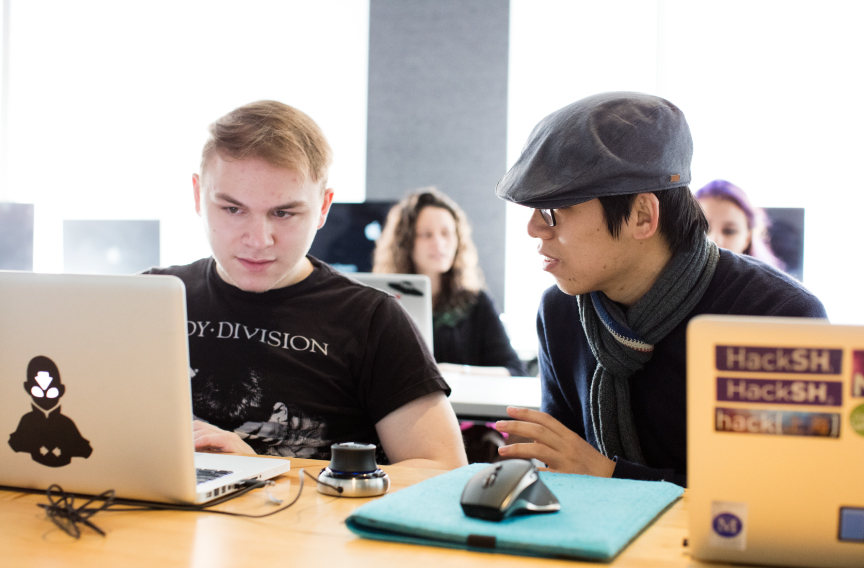
Innovating with AI
AI’s role in perpetuating systemic bias is well known. For example, data sets used in predictive policing rely on biased algorithms. Additionally, facial-recognition systems are far less accurate when identifying womxn and people of color. But AI also holds immense promise for social work, reducing inequality and improving well-being for marginalized populations. At the McSilver Institute, staff work to understand the root causes of poverty while undergraduate interns contribute to pioneering research. Consequently, the AI Hub at McSilver seeks to explore and address AI’s impact on poverty, race, and public health. “The work of the AI Hub at McSilver will be to lead cross-disciplinary research, intervention development, policy advocacy, and public conversations for using AI to improve lives equitably,” explains Michael A. Lindsey, McSilver Institute executive director.
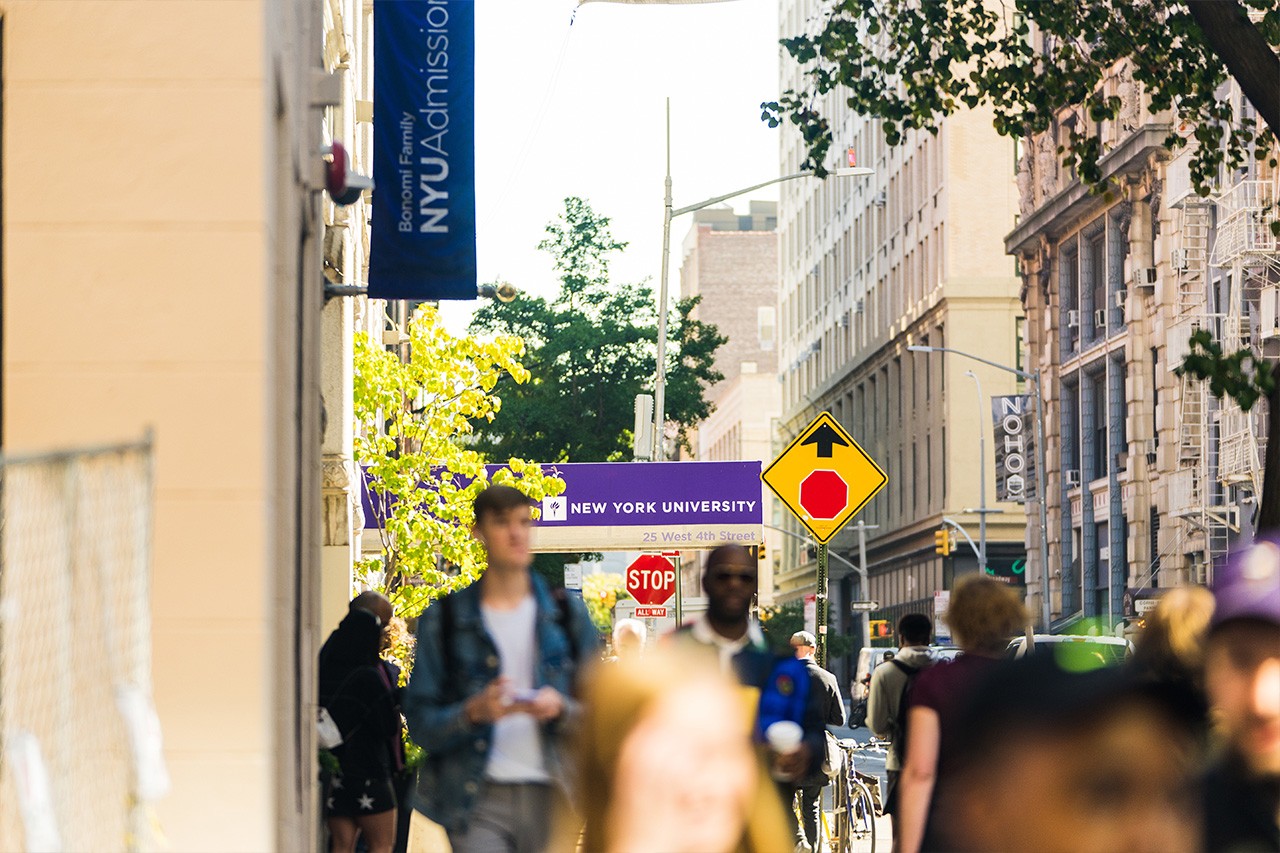
Preparing to Change the World
With the right tools, social workers are positioned to have a far-reaching impact on our world. By bringing big data to Silver, the next generation of social workers will be equipped to have that widespread impact. “We are living through an era when the compassionate, critical lens of the social work professional is more necessary than ever to address urgent social problems and inequities,” says NYU President Andrew Hamilton. “The challenges gripping the world have rarely been as intense, and with them the appetite for transformational solutions.”

